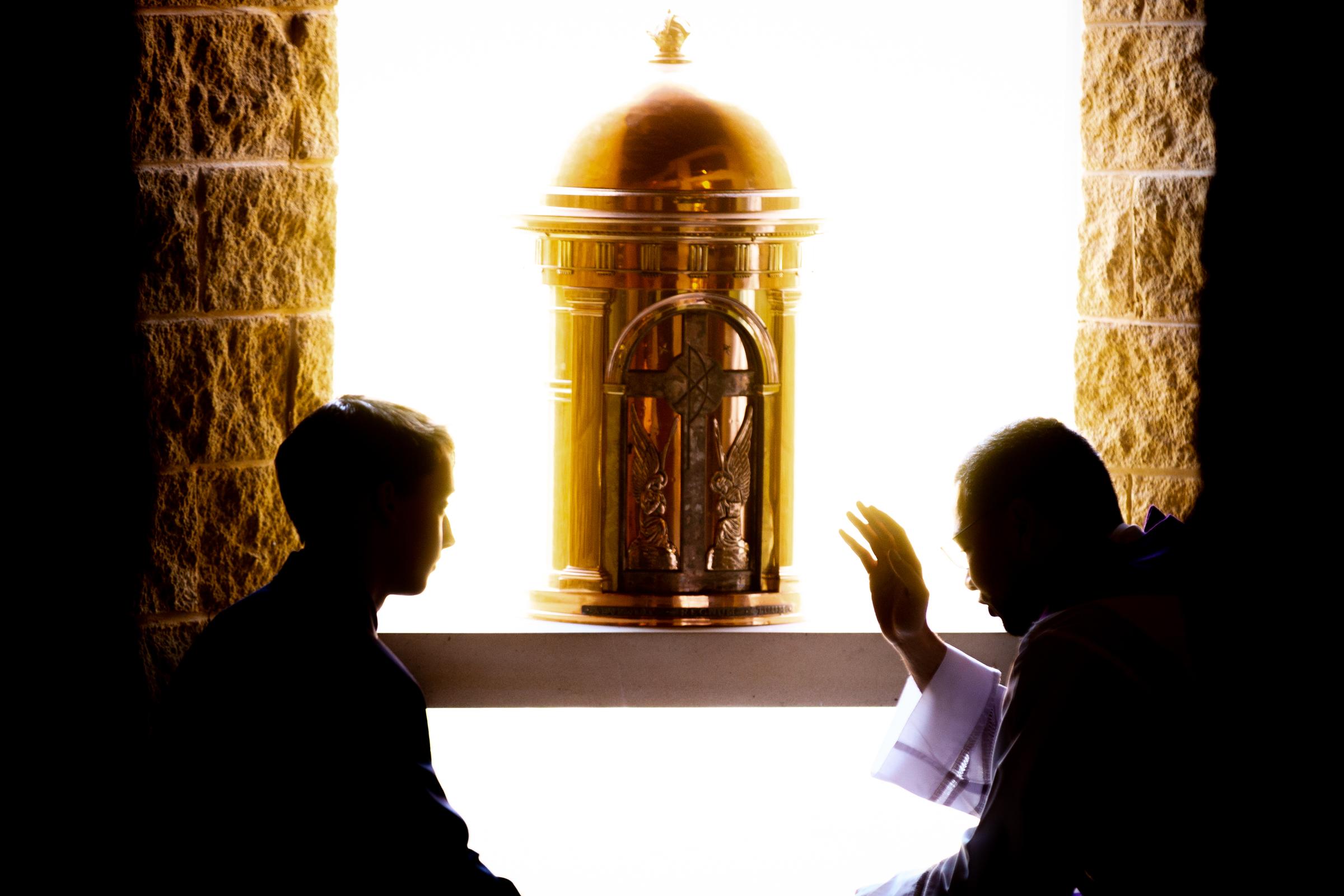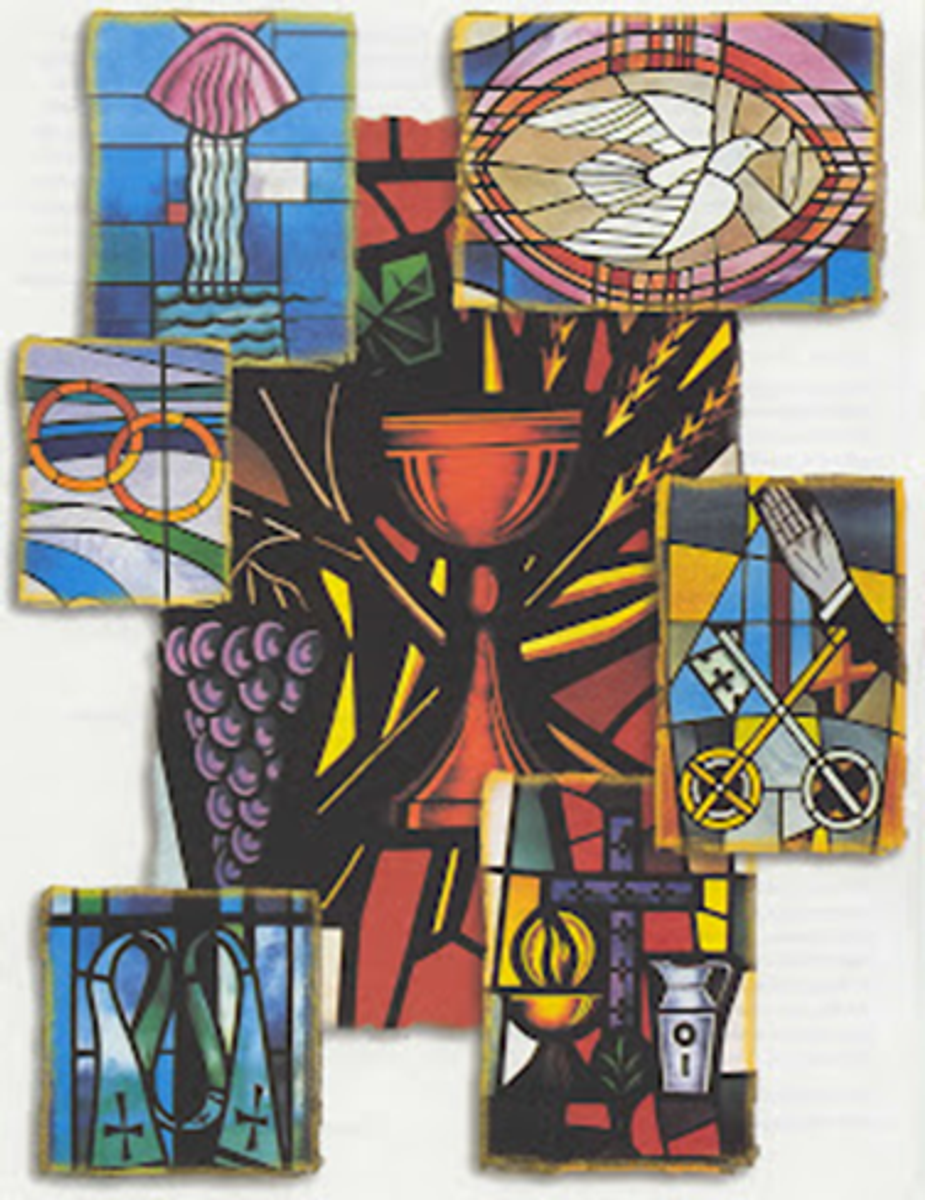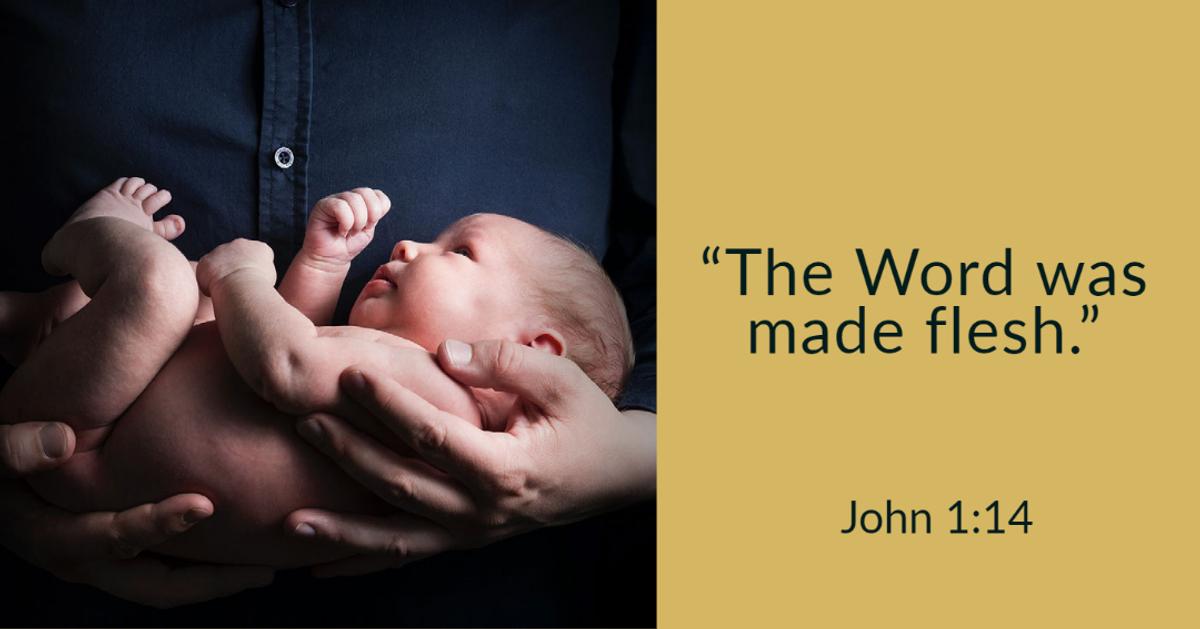Liturgy

Do you have a child in Year 2, 3 or 5?
Parishes have begun enrolling for their 2023 Sacrament Programs, and some will close enrolments in February, so parents are encouraged to enrol their child in their ‘home’ parish at the earliest. All students have to be enrolled in the parish program, whether or not they attend a Catholic school.
Please see the College website for enrolment information received from City Beach, Doubleview and Subiaco parishes.
Parents often have questions about the Sacrament program, so don’t be afraid to ask. The program is family-focused, parish-based, Catholic school-supported. This means that parents are respected as first educators in the faith of their children. The family is supported by the College Religious Education program. In Year 3, students are taught the content for First Reconciliation; in year 4, the content for First Holy Communion and in Year 6, the content for Confirmation. Students celebrate these sacraments in their parish. Parish Sacrament programs usually involve attending a workshop or commitment Mass and attending the rehearsal.
If you would like further information about the Sacrament Program please contact:
- Your parish priest or Sacrament Coordinator
- The Archdiocesan website;
- Mary-Anne Lumley mary-anne.lumley@cew.edu.au 08 9383 0513
Good News for Advent
Good News for Advent
This coming Sunday is the third of four Sundays in Advent, and marks the half-way point to the feast of the Nativity of the Lord. In this time of looking ahead and planning, Father Andrew Hamilton SJ offers this thoughtful reflection…
Often at the end of the year we need to remind ourselves that the eating, drinking, family gathering, giving and receiving of presents and rushing around are not all that there is to Christmas. The Christian stories of Jesus’ birth take us into a joyful event, but also into the harsher Biblical realities of taxation, forced travel, homelessness, flight from a murderous king, refugee life and the shadow of a future life that will end with execution. It also takes us into the illnesses and loss that mark our own families, and into the lives of people in our own society who are impoverished and ill-treated.
At Christmas 2022, however, we don’t need reminding of harder times. Harsh realities are part of our everyday lives. Taxation, the reality and threat of homelessness, inflation, people fleeing from Ukraine, the threat of war, of dereliction before climate change, and the certainty of harder times next year, are all inescapable aspects of our world. The feasting, gathering and gift giving of Christmas will remind us of the need to encourage hope of life beyond its present restrictions and threats. We need assurance that our hopes are not illusory, but are real.
The stories of Jesus’ birth tell us that our human life is not a farce, not a tragedy nor meaningless but is a ‘comedy’ that takes us through pain, dislocation and grief to laughter and celebration. They are stories of a world that is a gift; of a God who is love, of political chaos and disruption that do not have the last word; of a murderous king stared down by babies; of foreigners and shepherds who are wiser than the local experts; of a ‘lean-to’ in a paddock that will become remembered longer than a king’s palace. They are stories about laughter breaking through tears and pain, about hope that survives loss. It is not a straightforward story of events running their predestined course, but one of surprise, of the irruption of God into the world, and of paradox.
The Christmas story, of course, is a story of faith, of a particular faith, which not all in our society share, though many are touched by it and by the way it is reflected in the writing, music and customs we have inherited. The Christmas story puts questions to the self-assertion of the day. It adds wonder to the ordinary, hope to weariness, and possibility to routine.
For those of us who believe in the large story of a God who shares our human life in Jesus, the Christmas story makes us see a shadowed world in bright colour. It gives depth both to birth and death in our own families, and frees us to hope.
© Andrew Hamilton
Father Andrew Hamilton is a Jesuit, a theologian, a writer and, among his many other roles, the Media Officer for Jesuit Social Services.


